SXCALL.DLL
Complete Guide To Uninstall SXCALL.DLL from Windows 2000
Error caused by SXCALL.DLL 0x80249001 WU_E_INVENTORY_PARSEFAILED Parsing of the rule file failed., 0x8024800F WU_E_DS_STOREFILELOCKED The data store could not be initialized because it was locked by another process., 0x0000001D, Error 0xC1900208 - 1047526904, 0x8024D00A WU_E_SETUP_UNSUPPORTED_CONFIGURATION Windows Update Agent could not be updated because the current system configuration is not supported., 0x000000BA, 0x00000018, 0x8024E001 WU_E_EE_UNKNOWN_EXPRESSION An expression evaluator operation could not be completed because an expression was unrecognized., 0xf0819CBS_E_DUPLICATE_UPDATENAME update name is duplicated in package., 0x8024801C WU_E_DS_RESETREQUIRED The data store requires a session reset; release the session and retry with a new session., 0x0000000C, 0x80242009 WU_E_UH_BADHANDLERXML An operation could not be completed because the handler-specific metadata is invalid., 0x8024402A WU_E_PT_CONFIG_PROP_MISSING A configuration property value was missing.Safely Uninstall SXCALL.DLL From Infected OS
SXCALL.DLL is a harmful program which is reported to infect number of OS. Like other OS infection, it also intrude silently in its targeted OS. It is difficult to detect its existence because the threat run all its malicious process in the background of OS. The first thing this threat do after invasion is to modify OS settings. Through this way it get the persistence to execute its malicious services freely. Most of the user don't know how this threat come in their OS because it comes via tricky ways like bundled with software, spam email, infected site etc. This nasty program not let you do any activity properly even you can't surf Internet properly. In addition, it is also reported for bringing other malware which badly damage the OS. Presence of this threat also put your privacy on risk. So if you don't want to suffer these issue then Uninstall SXCALL.DLL now.
Method 1 : Start Your OS In Safe Mode With Networking
Method 2 : Deleting SXCALL.DLL From Control Panel
Method 3 : Deleting SXCALL.DLL From Registry Editor
Method 4 : Block Related Process To SXCALL.DLL From Task Manager
Method 5 : Deleting SXCALL.DLL From Firefox
Method 1 : Start Your OS In Safe Mode With Networking
For Windows XP/Vista/7
- Open the 'Start' menu > click on 'Restart' option.
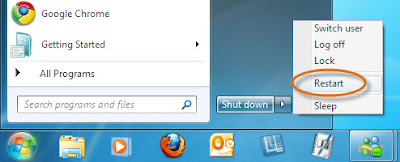
- Continue pressing 'F8' button when the OS start booting.
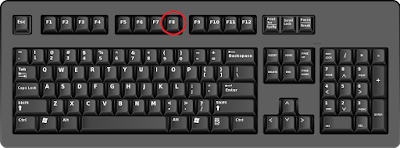
- It will open 'Advance boot menu' on the screen.
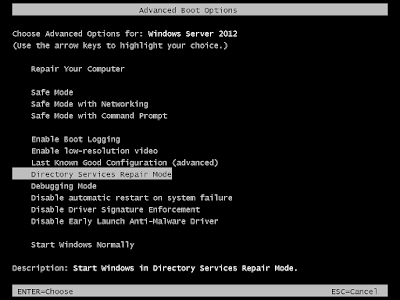
- Now choose 'Safe Mode With Networking' > press Enter.
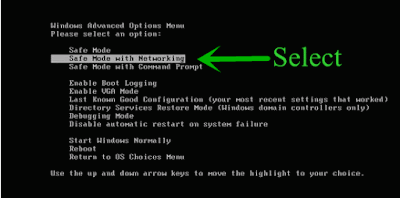
For Windows 8/10
- Go to 'Start' menu and click on 'Restart' button by holding shift button.
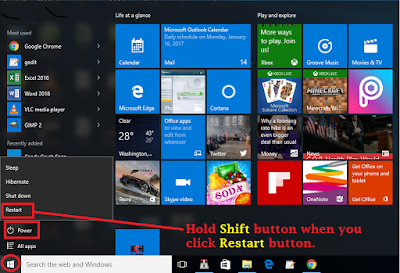
- From the opened window, Select 'Troubleshoot' option.
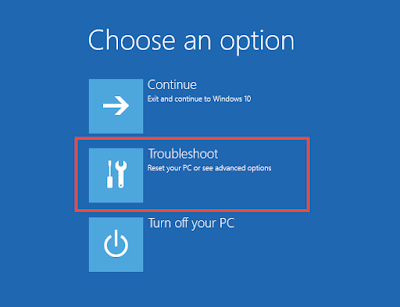
- After that click on 'Advanced' Options.
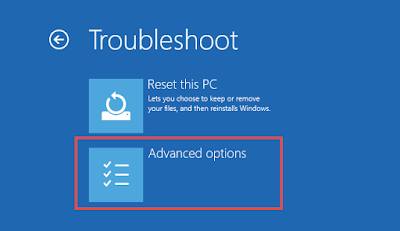
- Then Select the 'Start-up Settings' option.
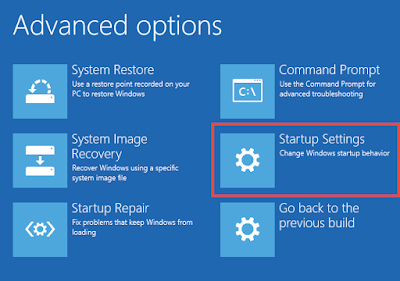
- Choose 'Enable Safe Mode option' then click on Restart.
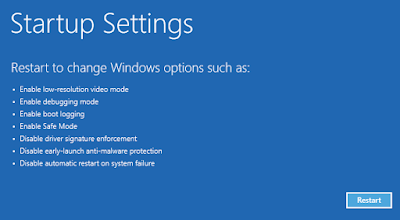
- Finally select 'Safe Mode With Networking'.
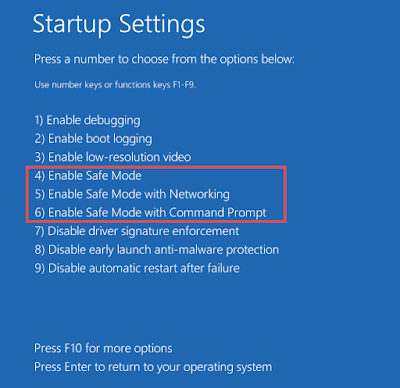
Method 2 : Deleting SXCALL.DLL From Control Panel
Uninstall SXCALL.DLL From Windows XP
- From the start menu, click on 'control panel'.
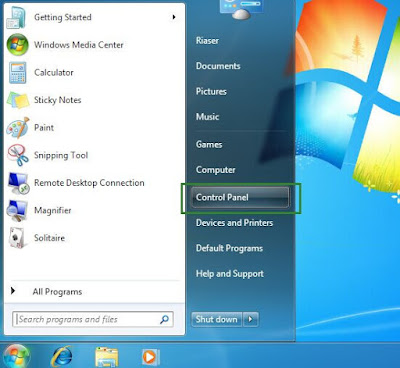
- Then go to Add or Remove programs option.
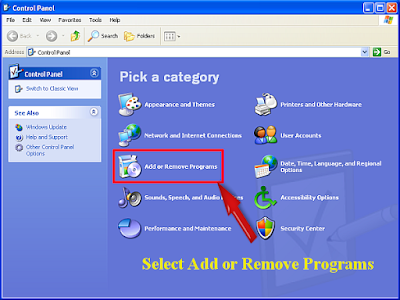
- Find out and Uninstall SXCALL.DLL related program from OS.
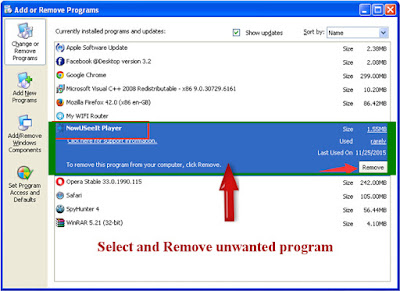
Uninstall SXCALL.DLL From Windows 7
- First of all, press the 'Windows' button.
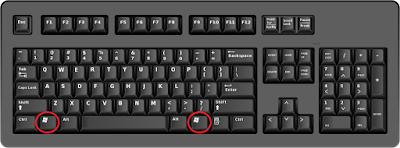
- Then select Control Panel from start menu.
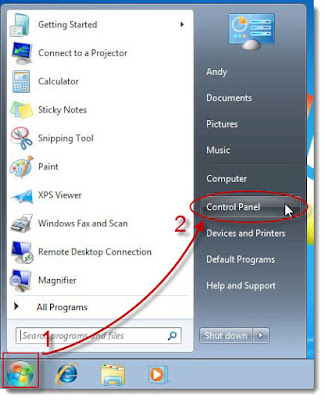
- From the program menu, select remove a programs option.
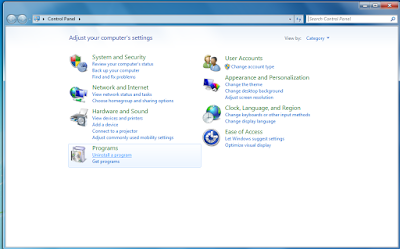
- Then select SXCALL.DLL related program and remove them.
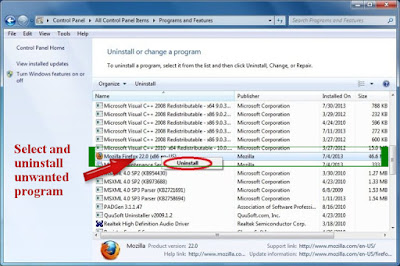
Uninstall SXCALL.DLL From Windows 8
- Open the Run Box by pressing Win+R key together.
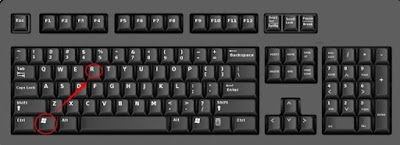
- In the Run box type 'control panel' and press Enter.
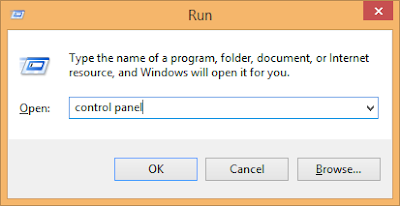
- Then Click on the uninstall a program option.

- Right-click on SXCALL.DLL related, click on remove option.

Uninstall SXCALL.DLL From Windows 10
- From the start menu select the Settings option.
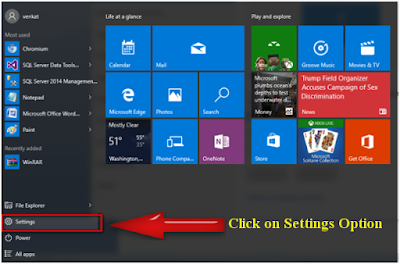
- Then you have to select system option.
- Then click on the Apps and Features option.
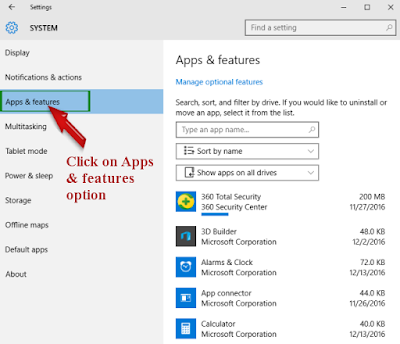
- Search for SXCALL.DLL related program and Uninstall them.
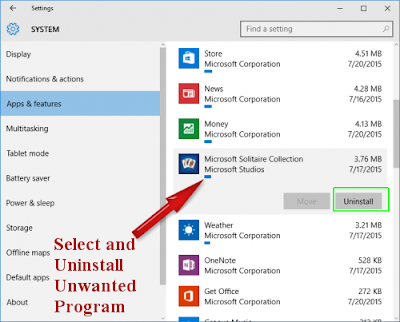
Method 3 : Deleting SXCALL.DLL From Registry Editor
- You have to press Win + R keys together to open Run window.
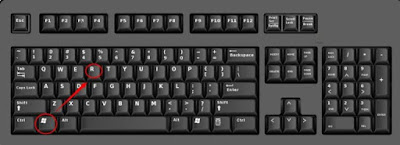
- After that type 'regedit' in the box and click on OK.
- Find out SXCALL.DLL related registry and Uninstall them.
HKEY_LOCAL_MACHINESYSTEMCurrentControlSetServicesWpm
HKEY_CURRENT_USERSoftwareMicrosoftInternet ExplorerMain 'Default_Page_URL'
HKEY_LOCAL_Machine\Software\Classes\SXCALL.DLL
HKEY_CURRENT_USER\Software\Microsoft\Windows\CurrentVersion\Run '.exe'
HKCU\Software\Microsoft\Windows\CurrentVersion\Internet Settings\random
HKEY_LOCAL_MACHINE\SOFTWARE\Microsoft\Windows\CurrentVersion\run\random
HKEY_CURRENT_USER\Software\Microsoft\Windows\CurrentVersion\Internet Settings 'CertificateRevocation' = ’0



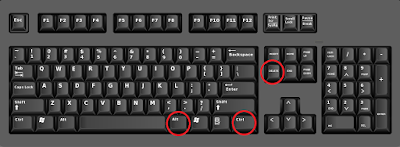
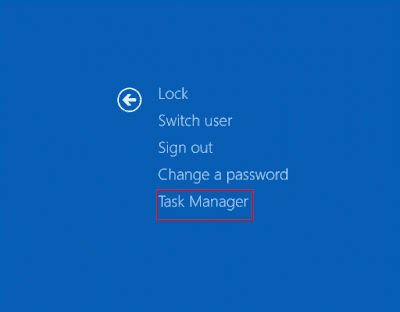
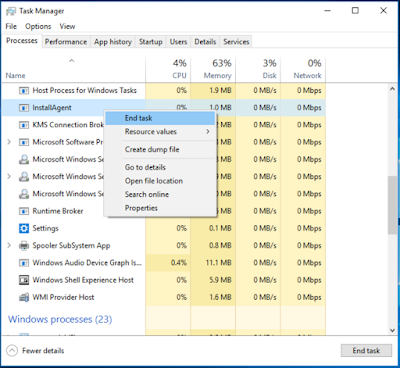


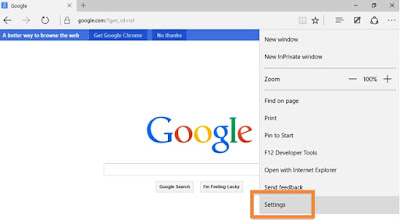
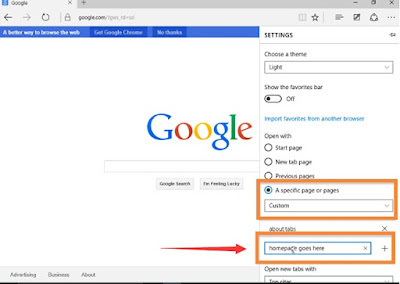
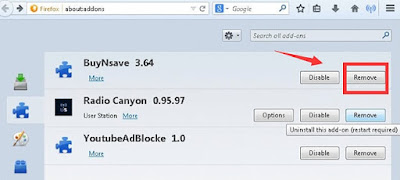
No comments:
Post a Comment